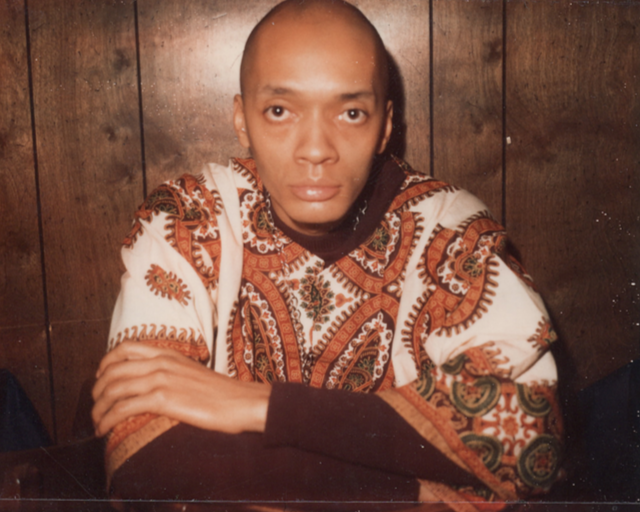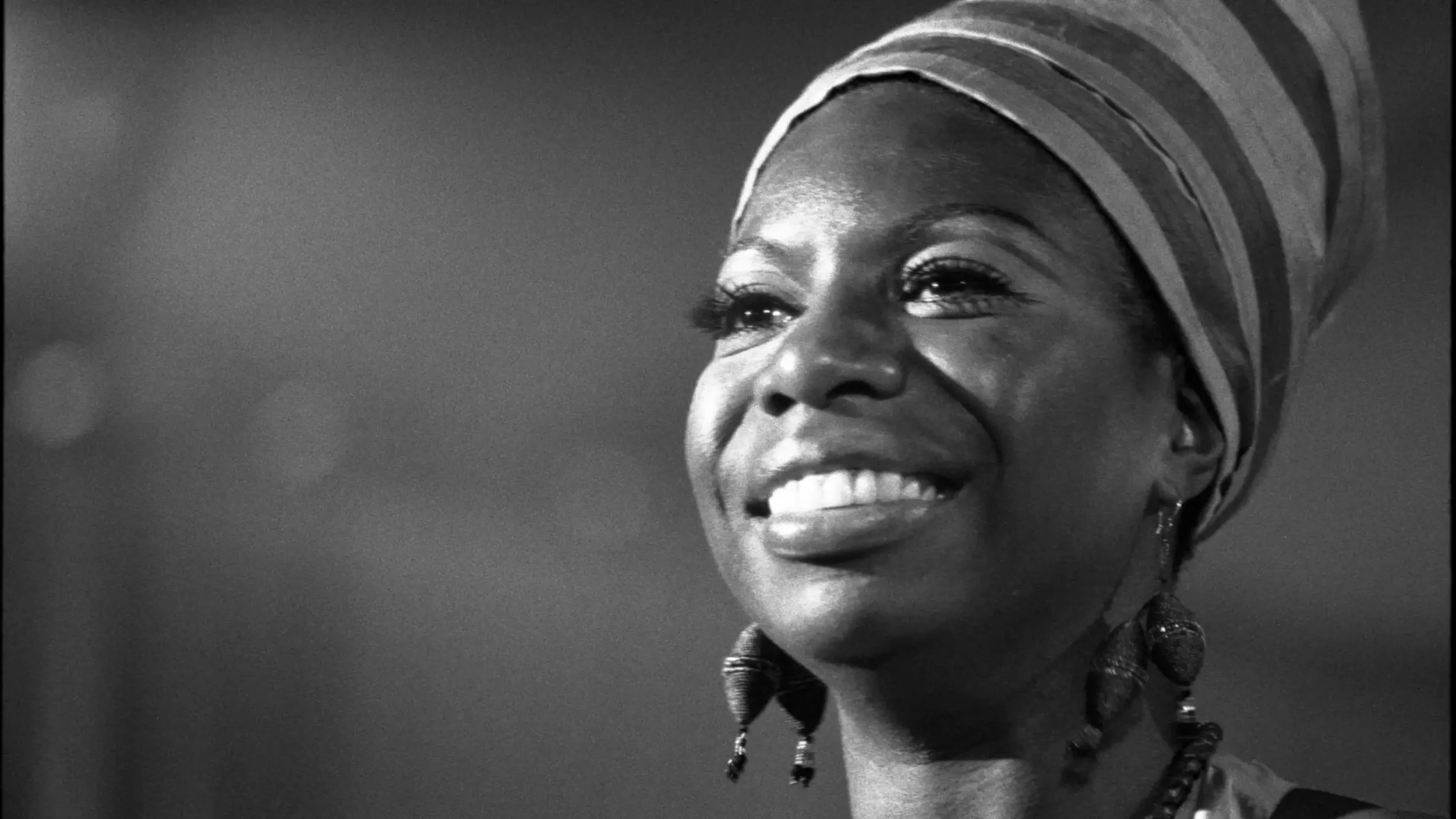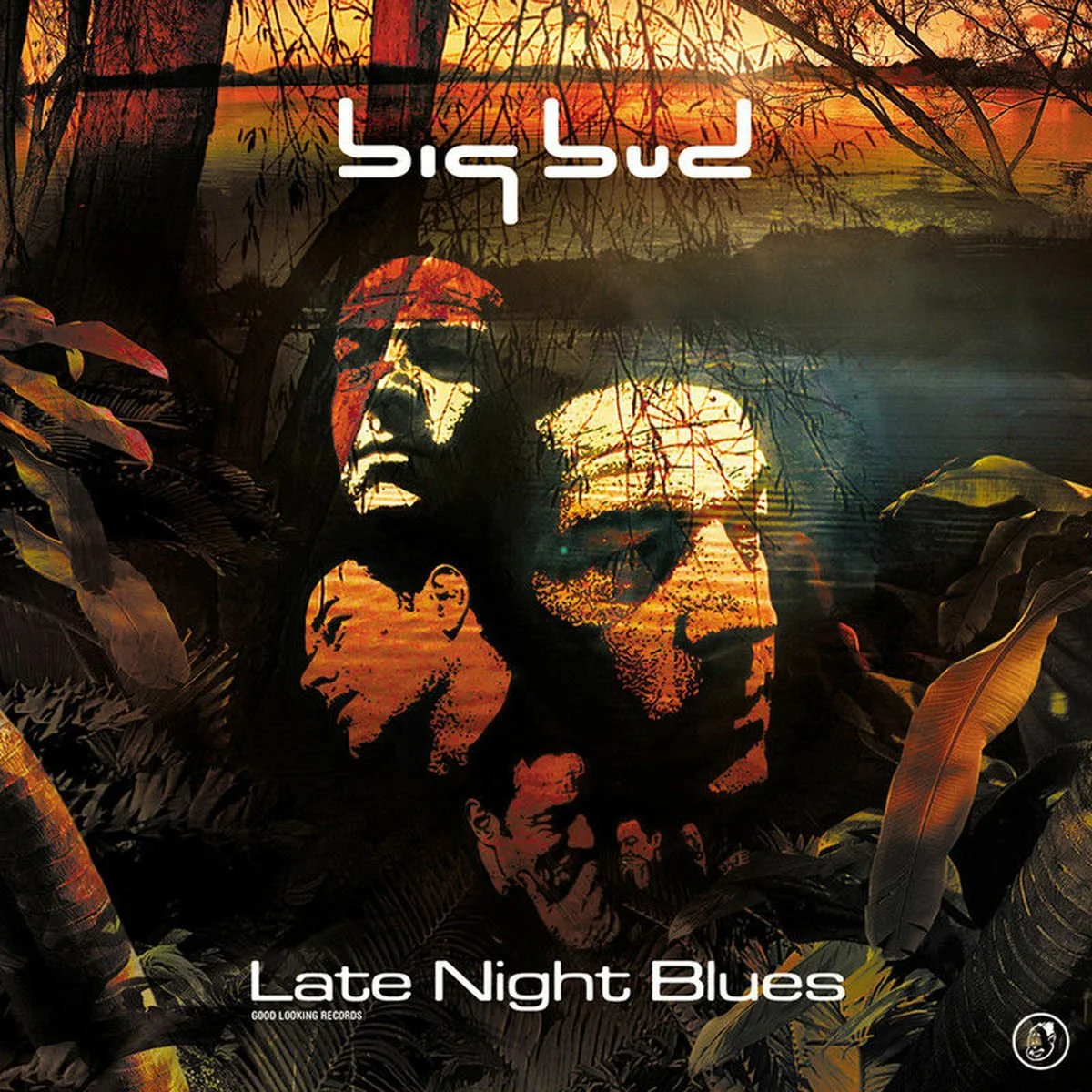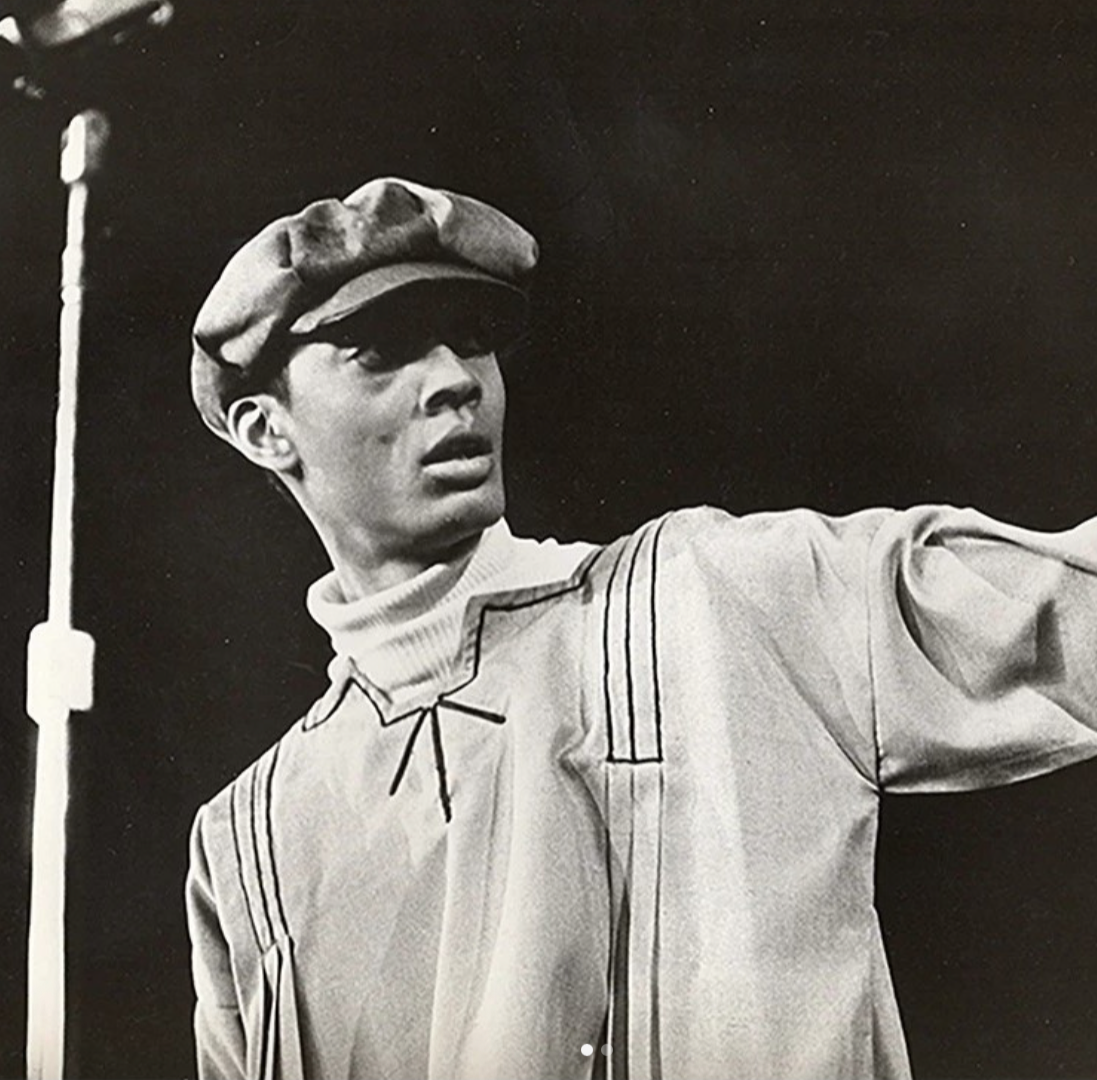Young, Gifted & Black: The Life and Legacy of Weldon Irvine
From Nina Simone to Jay-Z, Drake, and drum & bass — Weldon Irvine’s influence spans generations.
Following the recent 34th anniversary of Low End Theory by A Tribe Called Quest, we revisit the life and legacy of Weldon Irvine — whose influence echoes in the sampling, the activism, and the unsung artists who built much of what’s underground music today.
Weldon Irvine
In 1969, Nina Simone introduced a song that would become a rallying cry for the Civil Rights Movement: “To Be Young, Gifted and Black.” Its words weren’t her own. They were written by Weldon Irvine, a Virginia-born composer. Simone’s performance at the Harlem Cultural Festival and later on her album Black Gold set the anthem in stone. Aretha Franklin also covered the song, a testament to its enduring power and Irvine’s pen. In 2002, ‘To Be Young, Gifted and Black’ was inducted into the Grammy Hall of Fame.
Irvine once recalled arriving late to his first rehearsal with Simone. She told him to sit at the piano and play. He struck what she called “the perfect chord.” Her response was simple: “You’re hired.”
Nina Simone, for whom Weldon Irvine penned lyrics to Young, Gifted and Black.
Open Ears in a Closed Industry
Where many legacy musicians fought hip-hop’s rise in the courts, Irvine embraced it. His 1975 cut “We Gettin’ Down” was flipped by A Tribe Called Quest into Award Tour (1993). Instead of complaints, he offered mentorship. Q-Tip recalled in his Red Bull Music Academy lecture:
“Weldon Irvine was one of my mentors. He and I would talk about music for hours.”
Weldon Irvine’s mentorship with Q-Tip included teaching him piano and exposing him to jazz figures like Lenny White, helping broaden the musical palette that would feed into the Native Tongues sound. Later, in Q-Tip’s tribute track Shaka, he name-checked Irvine directly:
“I’m channeling Weldon Irvine — Mr. Clean / He would’ve wanted me to say what I mean …”
Q-Tip of A Tribe Called Quest
Samples, Lineages, Futures
Irvine was credited with writing over 500 songs. His 1979 track “Morning Sunrise” formed the backbone of Jay-Z’s Dear Summer. The same track resurfaced in Joyner Lucas’ Broke and Stupid, Drake’s early recordings, and Earl Sweatshirt’s Solace. Irvine’s fingerprints stretch across decades of hip-hop. He also played piano on Mos Def’s “Umi Says” — one of hip-hop’s most spiritual statements.
Jamiroquai frequently performed “We Gettin’ Down” live on tour. Decades later, Faith Evans’ 2014 track “I Deserve It” (featuring Missy Elliott and Sharaya J) sampled Aretha Franklin’s “Young, Gifted and Black” (1972). Once again, Irvine’s words found new life inside contemporary R&B.
The Activist Composer
In 1999, he spearheaded The Amadou Project: The Price of Freedom, responding to the killing of Amadou Diallo. The record featured Mos Def, Talib Kweli, and Q-Tip, with Irvine credited for poetry and production. His pen and his piano remained tied to justice.
Mos Def: Irvine featured heavily on the 1999 album ‘Black on Both Sides’
From Harlem to Southampton
In 2000, Irvine appeared on Big Bud’s Late Night Blues (Good Looking Records). Known primarily as a drum & bass artist, Big Bud blurred genres — liquid, jazz fusion, downtempo. Weldon contributed Rhodes and spoken word as Master Wel, even referencing drum & bass in his lyrics. Rare groove DJs had long championed his work in the UK; now he was weaving himself into the DNA of the UK’s underground sound.
“I hit record straight away and got it all down… He asked for pen and paper and started writing a rap. I quickly chopped up his Rhodes parts and got a nice vibe going. He went into the booth and I played it back to him. ‘Damn, that’s funky,’ he said. From that moment on we clicked.” — Big Bud
Return of the Spiritman was born.
Their session also produced “Persian Blues” and later “Amigo Mio.” Weldon even rang Bud weeks later to say that Q-Tip — whom Weldon was teaching piano — had heard their track and loved it.
“He had lots of great stories — it was surreal hearing someone talk about Nina, Malcolm X, and the jazz legends he was friends with.” — Big Bud
Irvine released music on UK DnB label ‘Good Looking Records’
Educator and Community Builder
Beyond records, Irvine founded the Nucleus School of Music in Harlem, giving young players the space to grow. His role was not only writing songs, but helping others to write their own.
A Generous Legacy
Weldon Irvine died in 2002. His story isn’t defined by how it ended, but by the music and mentorship that continue to ripple through generations. From Nina Simone to Jay-Z, from Q-Tip and Drake to Big Bud, Weldon’s spirit continues to resonate.
Weldon Irvine performing in the 1960s
And stay locked — in our next piece, Conduct brings you an exclusive interview with Big Bud — sharing the untold story of his sessions with Weldon Irvine.





